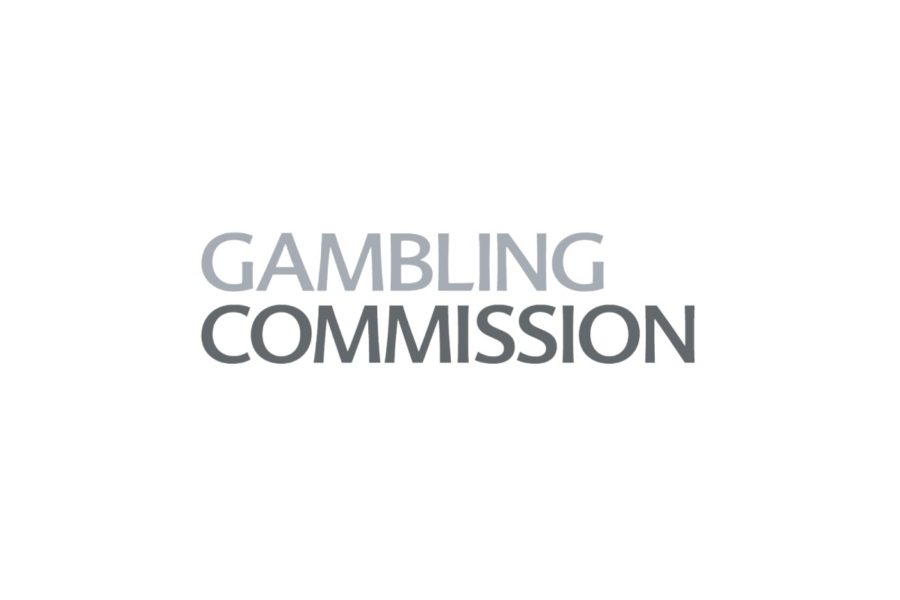888 Holdings slapped with £9.4m fine for AML and customer care breaches

It’s the second time 888 UK Limited has faced enforcement action from the Gambling Commission.
UK.- The Gambling Commission has ordered 888 Holdings to pay fines totalling £9.4m for a series of social responsibility and money laundering failures across its brands. The British regulator has also issued a warning to the FTSE250 online gaming giant and ordered it to undertake extensive independent audits.
The Gambling Commission found that the group’s brands breached multiple requirements on AML prevention measures and the regulator’s Social Responsibility Code of Practice (SRCP). It noted that 888 had “implemented a policy where customers were allowed to deposit £40,000 before carrying out source-of-funds (SoF) checks”.
The commission revealed that one customer was allowed £65,835 in just five months without SOF checks being carried out. 888 was also found to have no effective policy on SOF documentation, with compliance teams reportedly accepting verbal assurances from customers about their income.
The regulator said 888 could “not effectively identify players at risk of harm because their policies determined financial checks should be carried out after a customer had deposited £40,000”.
It found that most customer care interactions fell below standards and comprised an “email just detailing the responsible gambling tools and did not require a customer response”.
It’s the second time 888 has faced enforcement action from the Gambling Commission. In 2017, it was ordered to pay £7.8m over failings to protect vulnerable customers. The group operates 78 websites including 888.com.
Gambling Commission chief executive Andrew Rhodes said: “The circumstances of the last enforcement action may be different but both cases involve failing consumers – and this is something that is not acceptable.
“Today’s fine is one of our largest to date, and all should be clear that if there is a repeat of the failures at 888 then we have to seriously consider the suitability of the operator to uphold the licensing objectives and keep gambling safe and crime-free.
“Consumers in Britain deserve to know that when they gamble, they are participating in a leisure activity where operators play their part in keeping them.”
Social responsibility failures included:
- not effectively identifying players at risk of harm because their policies determined financial checks should be carried out after a customer had deposited £40,000
- not carrying out a customer interaction with a customer who lost £37,000 in a six week period during the Covid-19 pandemic
- not taking into account the Commission’s formal guidance on customer interaction
- giving a customer they knew was an NHS worker earning £1,400 a month a monthly deposit cap of £1,300
- most of the interactions conducted predominately consisted of an email just detailing the responsible gambling tools and did not require a customer response
- during a Commission assessment there was no evidence of the operator proactively placing restrictions on accounts where social responsibility concerns were raised
- not ensuring that if a customer has multiple accounts those accounts are managed for customer interaction holistically and financial limits can be implemented across all accounts. In one example, a customer had one of his 11 accounts restricted because of Source of Funds (SOF) concerns, but he was allowed to open three more accounts and continue gambling.
Money laundering failures included:
- implementing a policy where customers were allowed to deposit £40,000 before carrying out SOF checks
- accepting verbal assurances from customers as to employment income and being reliant on open-source information to validate SOF
- not setting out which documents should be requested as part of SOF checks
- allowing one customer to spend £65,835 in just 5 months without SOF checks being carried out
- not effectively implementing its own policies which stated that customers have 10 days to present SOF documentation before their account was restricted. In one case a customer’s SOF were not requested until three weeks after the 10 day trigger and lost £15,000 during that period.
See also: British Gambling Commission updates guidance on fair terms and practices











